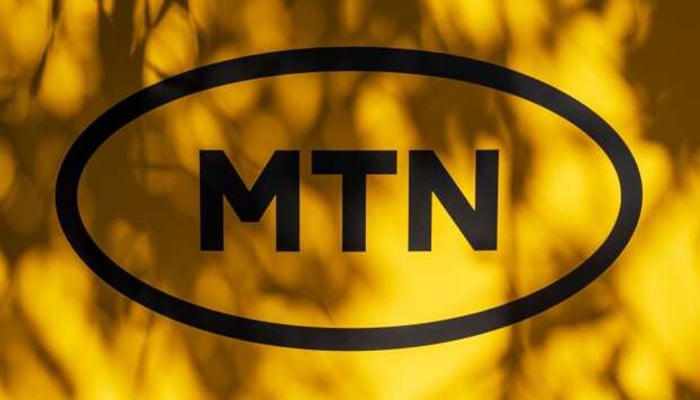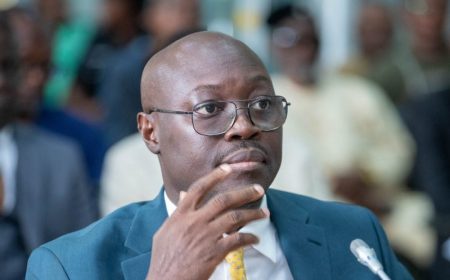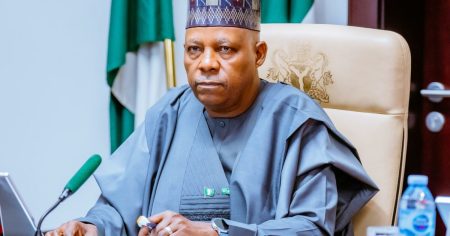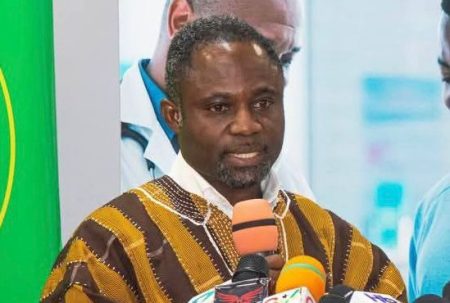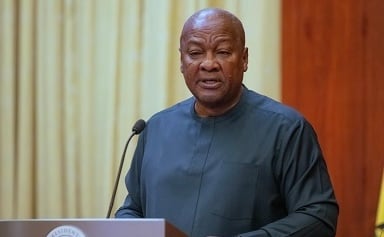The 2025 Economic Governance School, a collaborative initiative between South Africa’s National School of Government (NSG), Kenya School of Government (KSG), and Ghana Institute of Management and Public Administration (GIMPA), recently concluded its training program for public officials in Accra, Ghana. Sponsored by the MTN Group, the program aimed to enhance leadership capabilities within the public sector and foster inclusive economic governance throughout the African continent. This one-week program brought together legislators, politicians, and senior public service officials from the three participating countries for a valuable exchange of knowledge and experience through peer learning, policy dialogues, and institutional exchanges. The program underscores the importance of investing in human capital and institutional strengthening alongside infrastructure development for sustainable economic growth in Africa.
The training program covered a diverse range of topics crucial for effective governance and economic development in the digital age. Sessions focused on peer learning, providing a platform for participants to share best practices and address common challenges faced by their respective countries. Policy dialogues explored contemporary issues and innovative solutions to enhance governance and promote inclusive economic growth. Institutional exchanges facilitated the sharing of knowledge and experiences between the participating institutions, fostering stronger collaboration and capacity building across the continent. The curriculum included insightful discussions on topics such as telecommunications, digital transformation, artificial intelligence, and infrastructure financing, highlighting the transformative potential of technology in shaping Africa’s future.
MTN Group’s active involvement extended beyond financial sponsorship, with senior executives participating in sessions and contributing to the discourse on technology and governance. Discussions centered around the digitalization of public services, leveraging artificial intelligence to enhance state capacity, and the importance of infrastructure investment in fostering economic inclusion. This direct engagement from MTN reflects the company’s commitment not only to technological advancement but also to fostering leadership and governance capacity across the continent. The company recognizes that sustainable development necessitates investment in human capital and strong institutions alongside infrastructure.
Nompilo Morafo, MTN Group Chief Sustainability and Corporate Affairs Officer, emphasized the importance of investing in people and institutions alongside infrastructure for sustained growth. Morafo underscored the crucial role of well-trained civil servants, policymakers, and administrators in shaping a more equitable, innovative, and resilient future for African nations. By equipping public sector leaders with high-quality training, the program aimed to empower them to make informed decisions that contribute to sustainable development and inclusive economic growth. MTN’s commitment to education, training, and robust institutions aligns with its vision of a connected Africa where everyone benefits from modern technological advancements.
Pinky Kekana, South Africa’s Deputy Minister of Public Service and Administration, praised the initiative as a valuable platform for addressing governance challenges. She highlighted the unique opportunity provided by the Economic Governance School for elected and appointed officials to engage in critical analysis and reflective dialogue on the complex issues facing governance in Africa. The program facilitated a crucial exchange of perspectives and fostered a deeper understanding of the challenges and opportunities related to governance and economic development across the continent.
Professor Samuel Kwadwo Bonsu, Director of GIMPA, commended MTN’s contribution and the collaborative nature of the program. He expressed pride in GIMPA’s role as both a learning center and a hub for critical reflection and collaboration. The participation of GIMPA, NSG, and KSG reflects a pan-African approach to capacity building, leveraging expertise and resources from across the continent. The program served as a testament to the power of partnerships and collaboration in driving impactful change and strengthening public sector leadership in Africa. The visit to the African Continental Free Trade Area (AfCFTA) Secretariat underscored the program’s focus on continental integration and the importance of aligning national policies with regional development objectives. The visit to the MTN Ghana-supported Opportunities Industrialisation Centre (OICG) provided participants with practical insights into vocational, digital, and entrepreneurial skills development, further reinforcing the program’s commitment to youth empowerment and economic inclusion. By linking theoretical discussions with practical examples and real-world initiatives, the program ensured a well-rounded learning experience for the participants.





